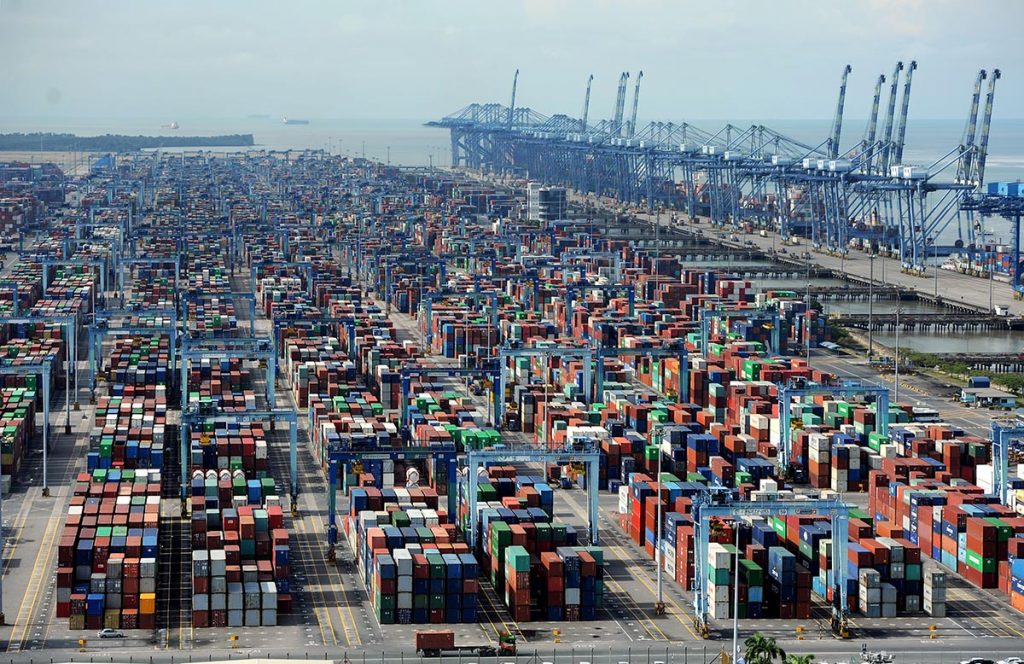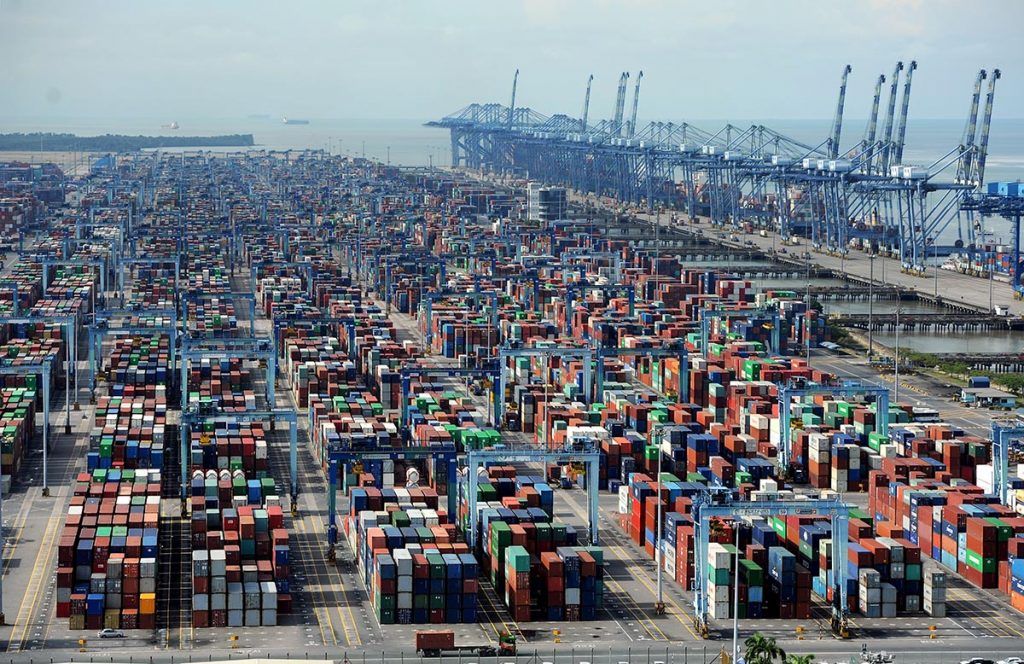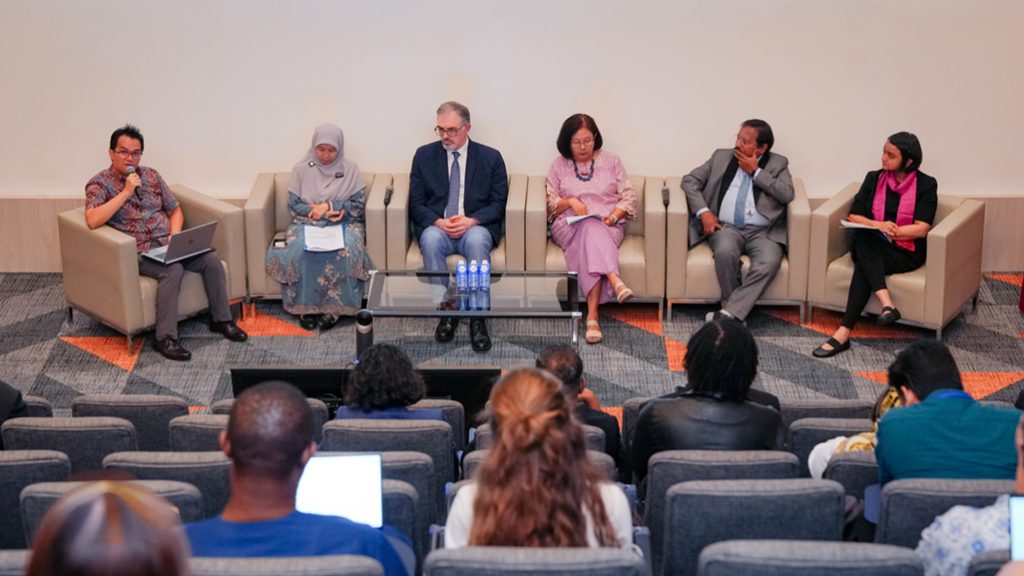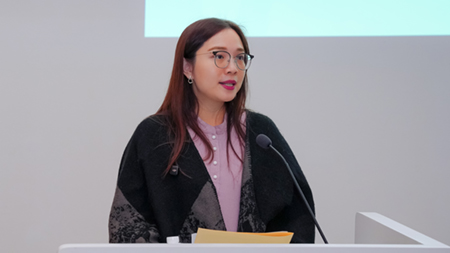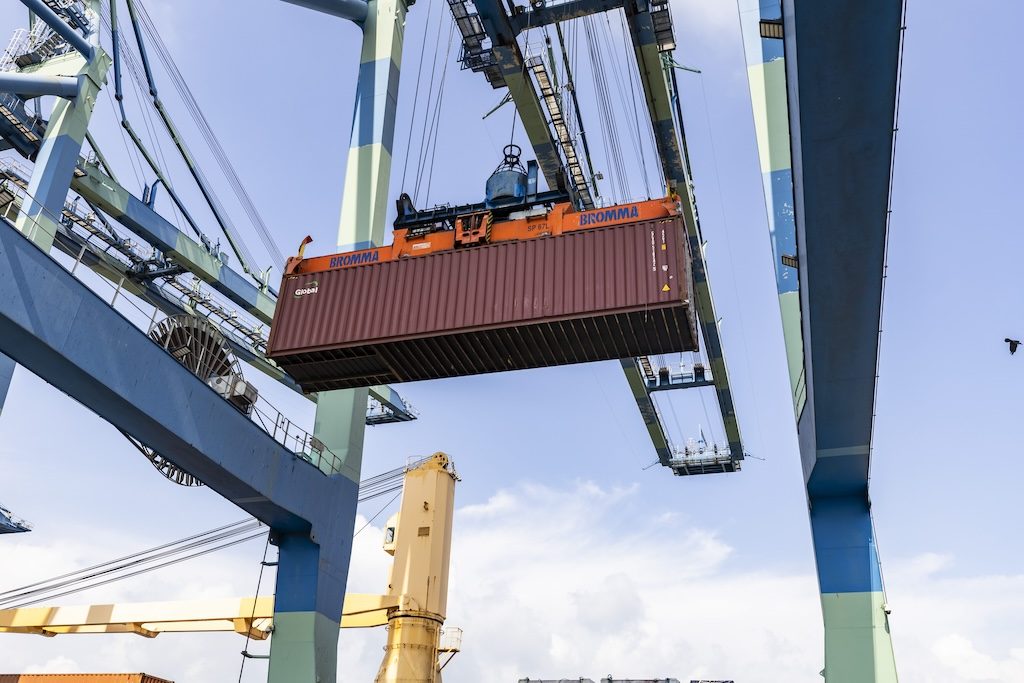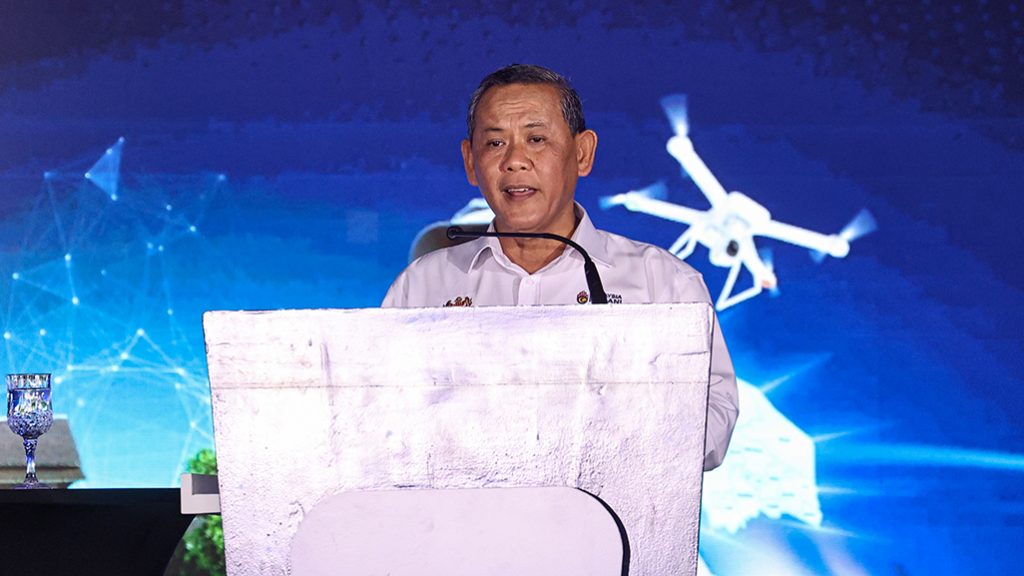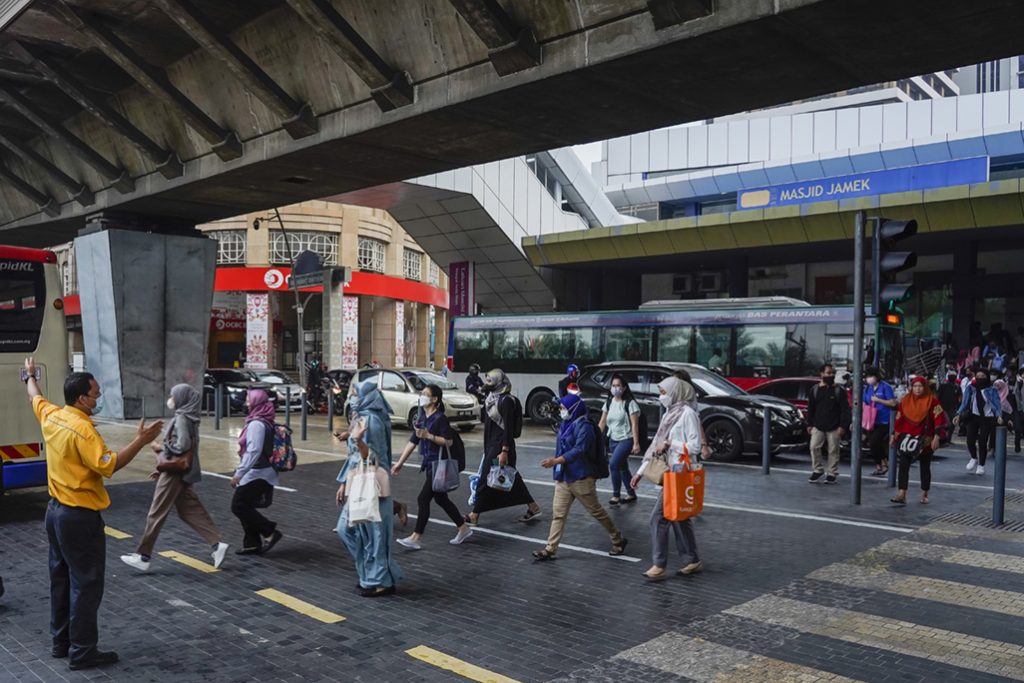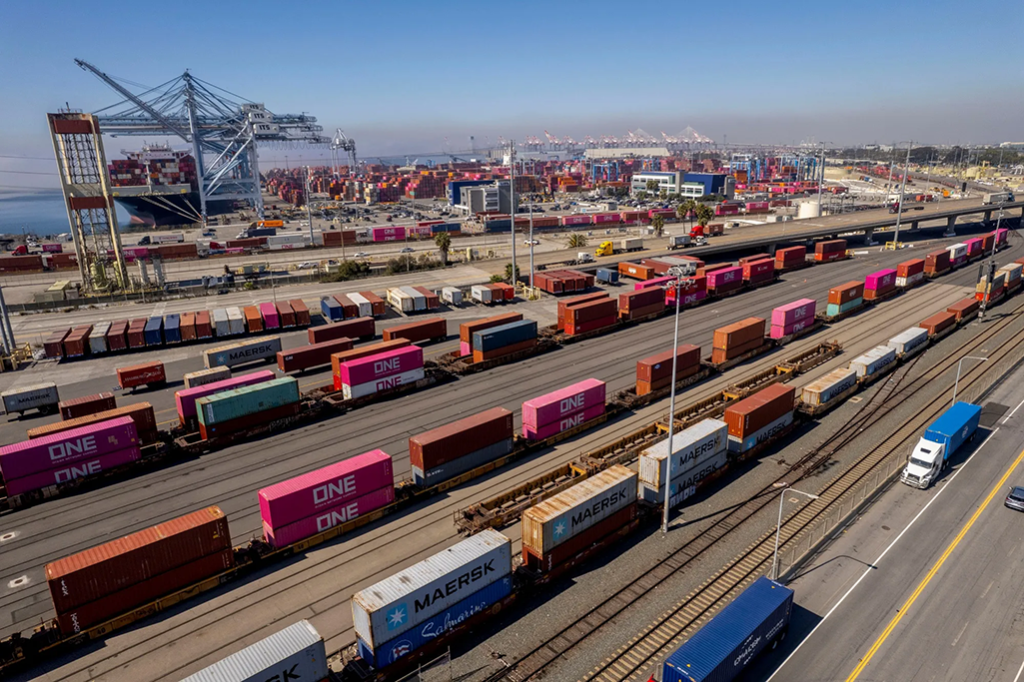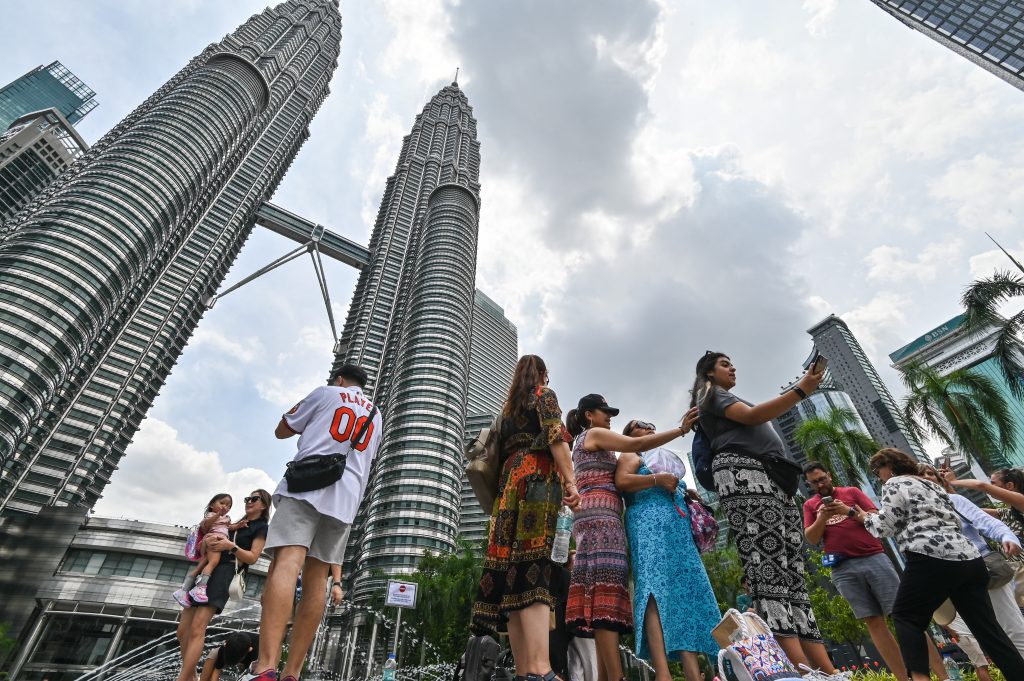Auto Added by WPeMatico
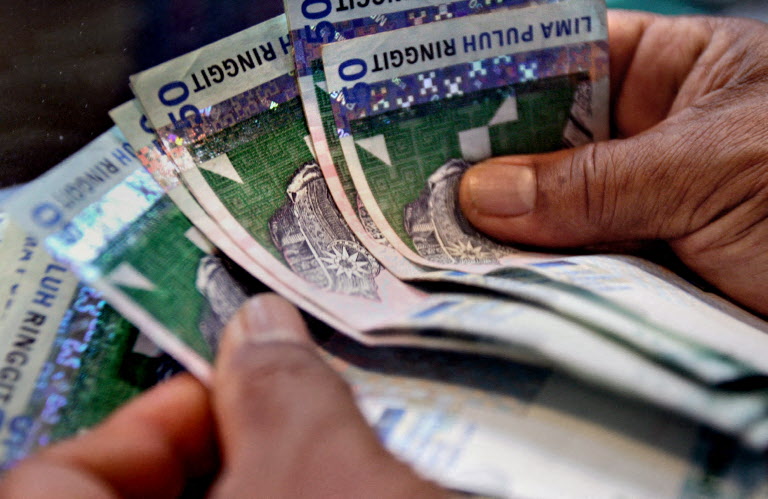
By SHAHRIN AIZAT NOORSHAHRIZAM
MALAYSIA should no longer position itself as a low-cost producer and must instead accelerate its shift towards higher value-added exports to remain competitive amid a stronger ringgit. Deputy Minister of Investment, Trade and Industry Sim Tze Zin said while certain “Made in Malaysia” goods may face challenges from currency appreciation, exporters can mitigate the impact by moving up the value chain through improved product quality, branding and packaging.
Speaking at the post-announcement ceremony of Malaysia’s 2025 trade performance, Sim also said higher value-added products are less sensitive to exchange rate movements as they generate better margins.
“The ringgit, at just under RM4 to the US dollar, remains manageable,” Sim said, adding that Malaysia has previously operated at much stronger exchange rates.
Sim said one of the key drivers behind the currency’s recent strength is Malaysia’s sustained trade surplus, which has boosted foreign reserves by allowing the country to sell more than it imports.
He added that Malaysia continues to benefit from the presence of multinational corporations, including American-origin firms, that have established production bases in the country.
As a result, “Made in Malaysia” goods increasingly form part of mid- to high-value global supply chains, contributing to long-term national wealth creation.
Sim noted that a significant portion of Malaysia’s exports consists of intermediary goods, citing examples such as electronic components manufactured locally that are later assembled into finished products overseas.
This reflects the widening of Malaysia’s export journey and deeper integration into global manufacturing networks.
Sim also pointed to Malaysia’s strong diplomatic and trade engagement in recent years, which has supported record trade performance.
He noted that the Prime Minister’s proactive international engagement has helped position Malaysia favourably on the global stage and strengthened its role as a trusted trading partner.
Looking ahead, Sim said Malaysia hopes to sustain trade growth and continue expanding its global footprint.
While maintaining current trade levels would already be a positive outcome, he added that the government remains focused on achieving greater recognition and further expansion in global markets.
The post Malaysia must move beyond low-cost model as exporters adapt to stronger ringgit appeared first on The Malaysian Reserve.

